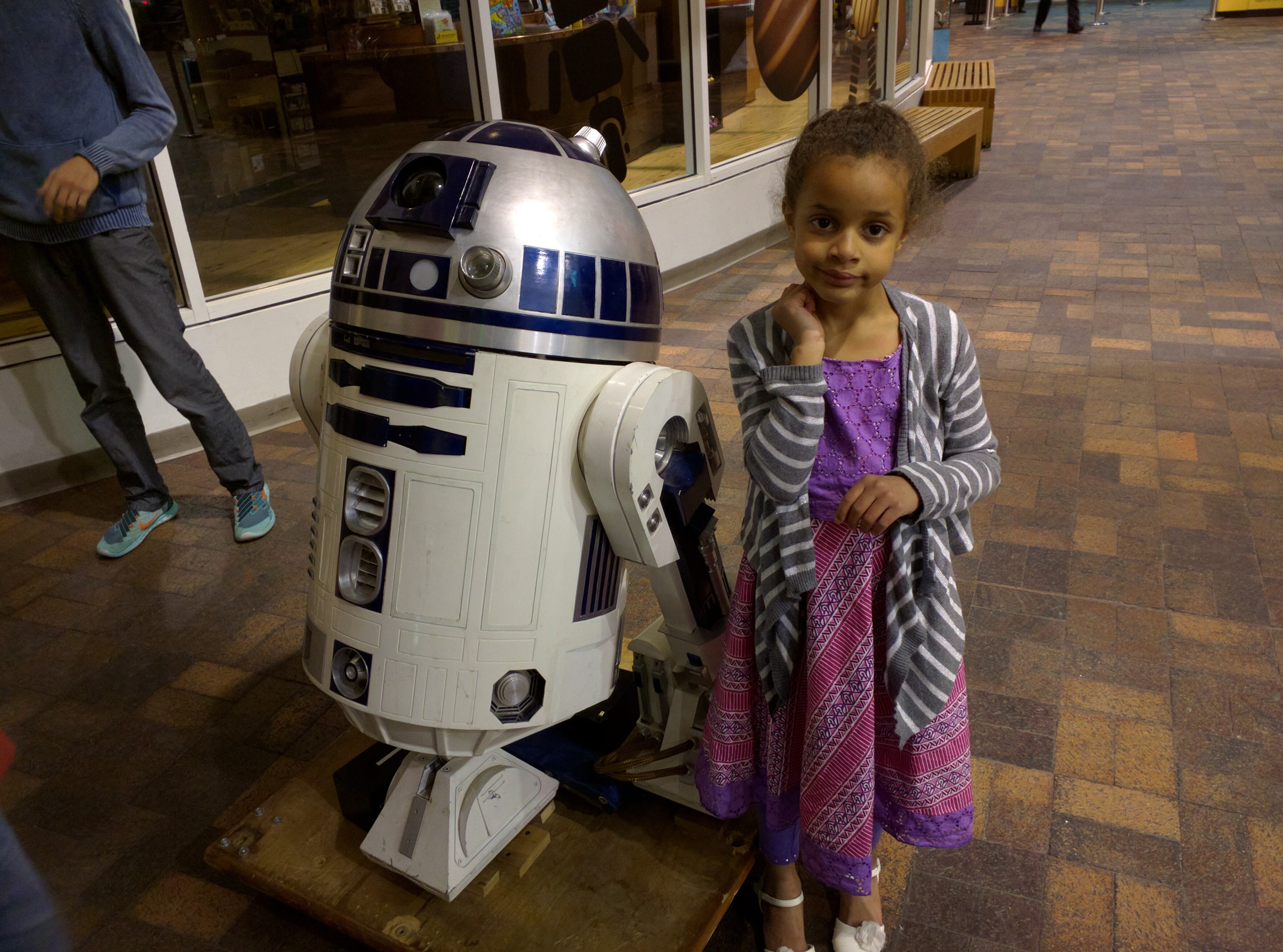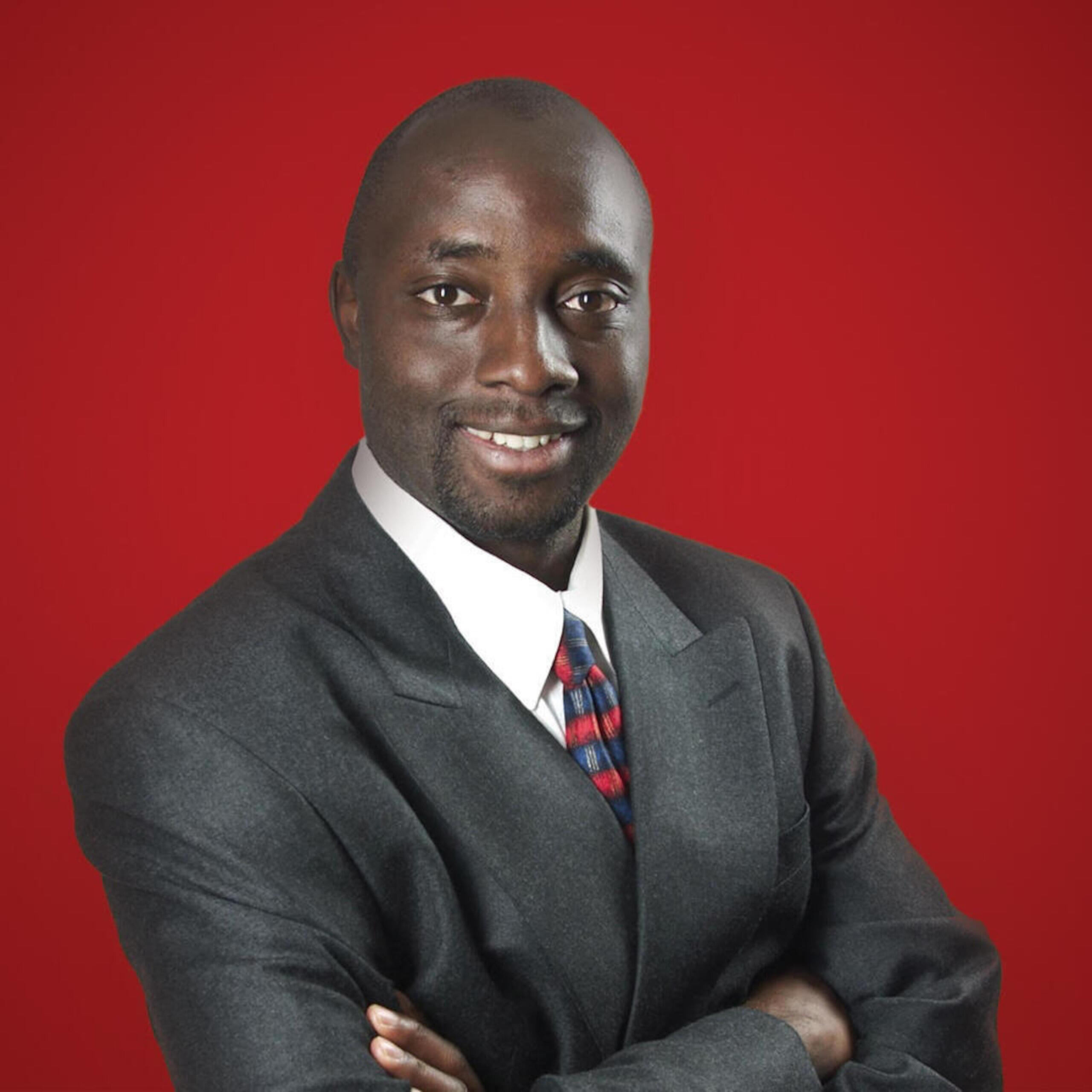
Artificial Intelligence is certainly the darling of every headline these days, but one thing has always been true: with every general development in computing, ideas of AI have never been more than one step away.
Ideas of AI emerged in the mathematical precursors to computing. When we see an entity seeming to operate step by step, making use of information, we immediately compare it to our own brain, even though such comparisons are usually a fallacy This leads some to wonder whether our brains are in danger of being replaced.
My own journey in computing began in 1984, in Nigeria when a friend brought a Commodore 64 home from a trip to the US. He taught me BASIC and I was instantly hooked. About a year later I brought home my own computer, a ZX Spectrum Plus, from a trip to the UK. I’d become used to writing programs down on paper, or scrounging listings from computer magazines, running these in my head, and occasionally on a computer when I could borrow keyboard time.
I always wanted to program the computer to talk to me; rudimentary versions of today’s Large Language Model (LLM) techniques were available, but the available memory space and computing power was far too feeble. Ten years later my fascination with AI had me working with cellular automata, genetic algorithms and simulated annealing. Even then it felt as if any level of AI that might satisfy the most basic sci-fi notions lay beyond my own lifetime, and possibly even my children’s.

In my own sci-fi ideas of the future, though, AI was never about androids standing beside me, but rather about having an exoskeleton of capabilities that could enhance my own. When I observe the excitement and anxiety around modern AI, so often couched in concerns of how many jobs might be eliminated, I realize that I am perhaps still naive in my computer enthusiast brain about where this is all heading.
With that naivete, however, comes a certain stubbornness. Part of my idea in founding Oori has been to insist on AI technology that helps us address human concerns and reduce human inequities of all sorts. This includes reducing the digital divide. I still remember, after all, from my childhood, how the distances across the Sahara and the Atlantic seemed a barrier across which computing resources could only trickle. As the Oori crew has assembled, it has been important to us to find that we share such ideas, that we contribute our unique, individual traits towards applying them in our work.
AI is just the first instinctive step from any computing advancement, and computing is just a natural stage in humanity’s impulse to create tools. There is nothing new in where our responsibilities lie. As inventors and practitioners, it’s up to us to develop systems that help people more than harm them. I’m a musically inclined poet as well as an engineer, and I don’t believe for a moment that technology will inevitably swallow up those arts. We can grind paintings and sculpture into dust, and use these to mortar the bricks of our great buildings, or we can leave them whole as decorations for our industrial achievements, to make the hall feel like home.
At Oori we do pay attention to the AI developments currently rushing by at a blinding pace, perhaps the greatest pace of invention mankind has ever known. We are determined, however, to reach into the stream mostly for tools and techniques of the right size and shape, building products and services that leave humans in the loop, at the heart of everything.
About the author

Uche is an engineering leader with a background of nurturing diverse teams in tech innovation. Three decades of history as a consultant, founder & CTO. Expert & pioneer in data architecture, distributed systems, AI, open-source software and more. Also a writer, speaker and mentor.
uche@oori.dev